Afghanistan Economic Outlook
July 2023
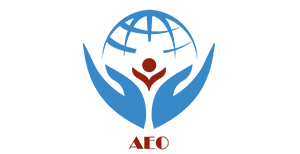
Afghanistan Economic Outlook, is a creative initiative of the Afghanistan Economic and Legal Studies Organization (AELSO) which reflects most important & the latest economic events that happened during a month in Afghanistan.
By reading this economic newsletter, that has designed in three languages (Pashto, Dari & English), you can get a wider overview of Afghanistan’s economic situation.
Local Farm Produce, Handicrafts Exhibition Held in Jawzjan
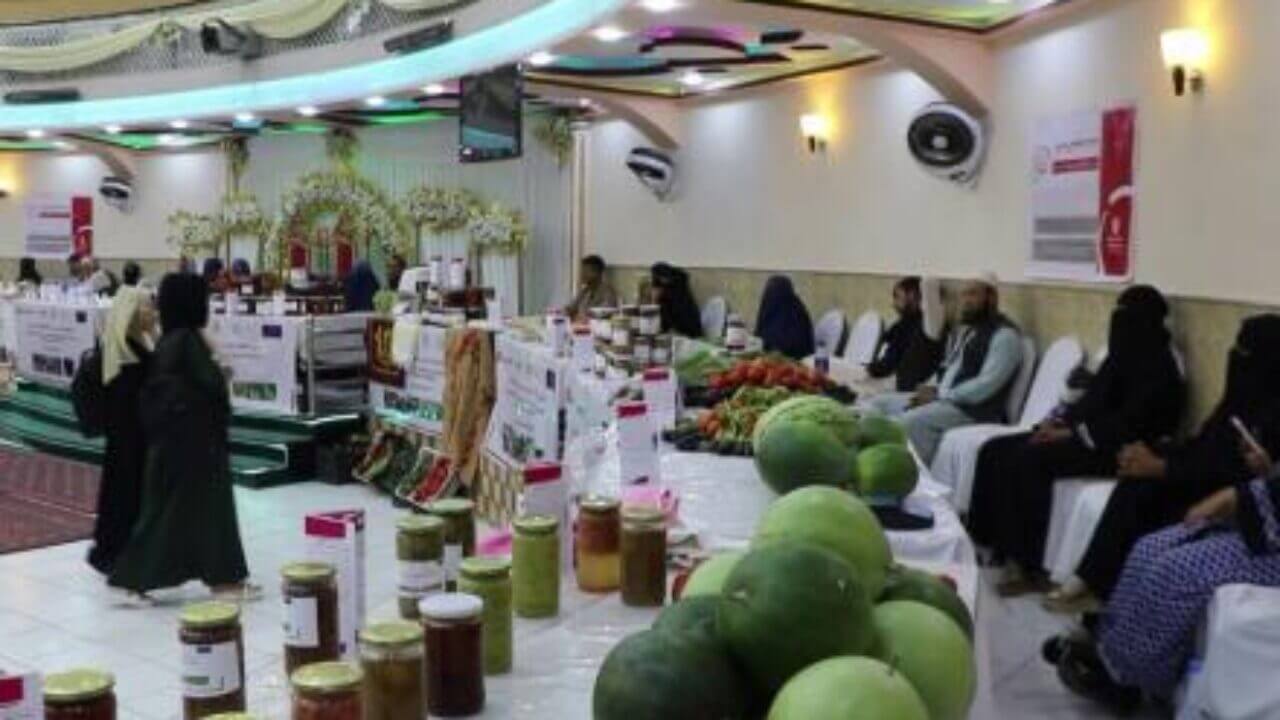 An exhibition showcasing agricultural products and handicrafts was held in Jawzjan with the aim of empowering women’s economy.
An exhibition showcasing agricultural products and handicrafts was held in Jawzjan with the aim of empowering women’s economy.
Local officials in Jawzjan said that in this exhibition 100 women displayed their agricultural products and handicrafts in 50 booths.
Some women who participated in this exhibition asked for the creation of a special market for marketing their products.
Such exhibitions are very effective and good for business. We want the same kind of exhibitions to be created. The lack of market is very worrying for us,” said Muqadas Sadat, a businesswoman.
“We want a market to be created so that we can use it to sell our products,” said Friba, a businesswoman.
The local officials of Jawzjan also believe that holding such exhibitions is beneficial for the growth of business activities of women entrepreneurs. According to them, right now four thousand women are working in the agriculture and handicraft sectors in this province.
“In Jawzjan, there are four thousand girls working in the field of handicrafts and agricultural products,” said Mohammad Zarif Faiz, head of the economy department in Jawzjan.
This exhibition is being held in Jawzjan, while the businesswomen and farmers in this province are complaining about the lack of a markets for their agricultural products and handicrafts, and they want the government to address this challenge.
Railway Transit Up 25% From Last Solar Year
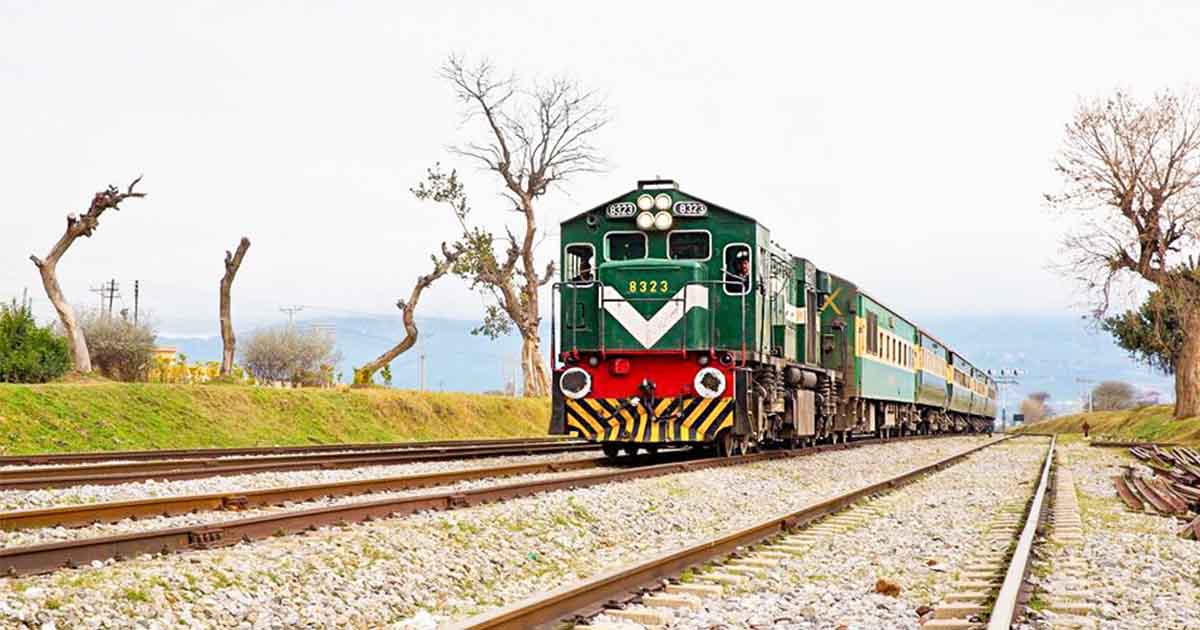
Bakht Rahman Sharafat, acting head of the Afghanistan Railway Authority, in an annual activities report said there has been a 25 percent increase in the transit of goods via railway in the first quarter of the current solar year compared to the same period last year.
He also mentioned the trans-Afghan railway project, saying that the project will connect Central Asia to South Asia and Eastern Europe to South Asia and its work has accelerated.
“In transit, compared to previous years. We had a 25 percent surge in the first quarter. Which means that we have a 25 percent increase in revenue as well in the transit between Afghanistan and regional countries through the Hairatan, Aqeena, Toghondi and Rozanak railways,” said Bakhrahman Sharafat, head of the ARA.
According to officials, more than 4.5 million metric tons of goods have been carried via railway.
“The Afghanistan National Railway Authority has been able to collect its revenue via the banking system of RMIS and CBS and we assure the nation that even one afghani of revenue cannot be wasted or looted. All the revenue is being collected transparently,” said Abdul Sami Durrani, a spokesman for the ARA.
The ARA said that there are many projects underway to improve the Afghanistan railway industry.
“The construction of the railway project of Herat-Khwaf, which is 43 kilometers—that is one of the main and important projects of the Afghanistan railway… the projects will be completed within 16 months,” said Abdul Bari Sediqqi, deputy head of the ARA.
According to the ARA, electronic devices, fuel and food materials are the main goods being imported via ARA, while dry fruits are being exported to neighboring countries.
Commerce minister says exports totaled $2 billion dollars in past year
 Acting Minister of Commerce and Industry Nooruddin Azizi presented the ministry’s annual accountability report on Wednesday and said that exports totalled $2 billion.
Acting Minister of Commerce and Industry Nooruddin Azizi presented the ministry’s annual accountability report on Wednesday and said that exports totalled $2 billion.
According to Azizi, 80% of companies have been reactivated in the country. He said the IEA has come out in strong support of industries and has created many opportunities for industrialists in the country.
Azizi said that the profit tax was reduced from 4% and the subject tax was exempted from 7%.
Azizi also said the programs launched by the ministry have focused on proposals for plans and on promoting the use of domestic products.
“Comprehensive and correct decisions to support the industry in the Tariff Committee, that our Tariff Committee is complementary to the industry-oriented one, will support Afghanistan’s industry. In the past, importance was given to imports, but today, Afghanistan’s industry is given a lot of importance,” said Azizi.
He also announced the creation of a ports committee to prevent smuggling, capital flight and smuggling of dollars and says that the committee will be established this year. According to Azizi, the problems around electricity supply in Kandahar and Helmand have been addressed and factories now have power 24 hours a day.
“Keeping in mind the economic policy of the Islamic Emirate of Afghanistan, this ministry in the trade sector also has many appropriate programs in order to increase exports, increase transit, regulate the market, improve the trade balance, hold exhibitions and launching active commercial diplomacy has adapted to the regional level,” added Azizi.
Azizi says that 50 large companies have recently been established in the country. According to him, the ministry plans to create export zones in five provinces of the country this year.
Azizi also said that the ministry distributed 6,263 business licenses in the past year, of which 1,000 licenses went to women.
Kabul Expo attracts over 600 investors from region including Pakistan
More than 600 investors and businessmen from Pakistan, Iran and Turkmenistan are participating in the “2nd Imam Abu Hanifa International Expo and Trade Fair” being held in Kabul.

The expo organized by the Afghanistan Chamber of Commerce and Industries (ACCI) from July 16-22, where large number of women traders and industrialists participated in the expo along with their products.
Meanwhile, the Trade development Authority of Pakistan and over 25 renowned Pakistani industrialists, also parted in the expo.
“Pakistani, Turkish, and Turkmen attaché participated in the B2B conference organized by the ACCI, listens to the presentations presented by the different governmental organizations, and show their interest to invest in Afghanistan,” ACCI tweeted.
The expo would not only help promote the local products of Afghan businessmen but also enhance their linkages with the regional partners.
The Expo is part of the efforts of the Pakistan-Afghanistan Joint Chamber of Commerce aimed at purely promoting bilateral trade relations, regardless of political interests.
Motiwala stated that Pakistan is also playing all possible facilitation for Afghanistan’s smooth global trade through the transit facility provided by Pakistan.
He said that Pakistan has granted massive tariff concessions on all Afghan fruits and vegetables exports to Pakistan.
Imam Abu Hanifa 2nd National and International Expo and Trade Fair, which kicked off from July 16 will be continued to July 22 at the International Exhibition Center of Afghanistan.
The purpose of this exhibition is to promote Afghanistan’s local products, familiarize Afghan traders and manufacturers with new products of other countries, create new opportunities for export, import and joint ventures, and expand trade relations between Afghan and international traders.
Finance Ministry revives 12 state-owned companies
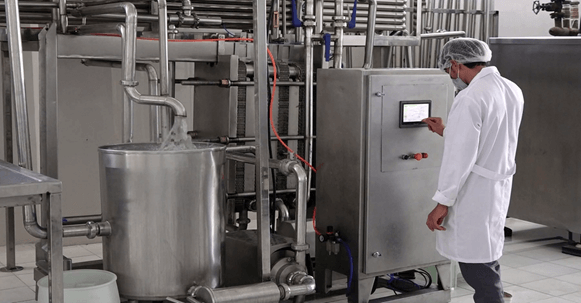 Finance Ministry spokesperson Ahmad Wali Haqmal says from 44 state-owned companies that were inactive or partially active in the previous government, 12 of them have been fully reactivated.
Finance Ministry spokesperson Ahmad Wali Haqmal says from 44 state-owned companies that were inactive or partially active in the previous government, 12 of them have been fully reactivated.
Haqmal said that with the activation of these companies, employment has been provided for thousands of citizens in the country.
He added that efforts are underway to activate other state-owned companies in the future.
The ministry has stated that most of these activated companies are manufacturing firms.
Meanwhile, the Ministry of Finance has said that the government does not have an allocated budget to activate the rest of the companies, but tries to reactivate some companies from their own assets and others in cooperation with the private sector.
